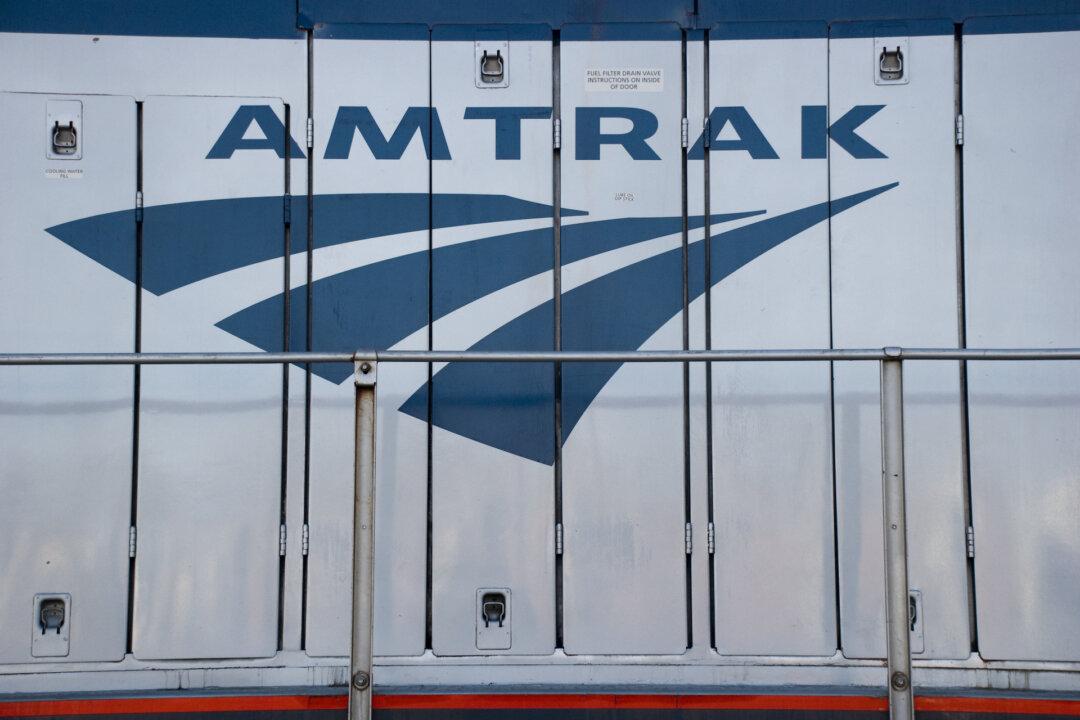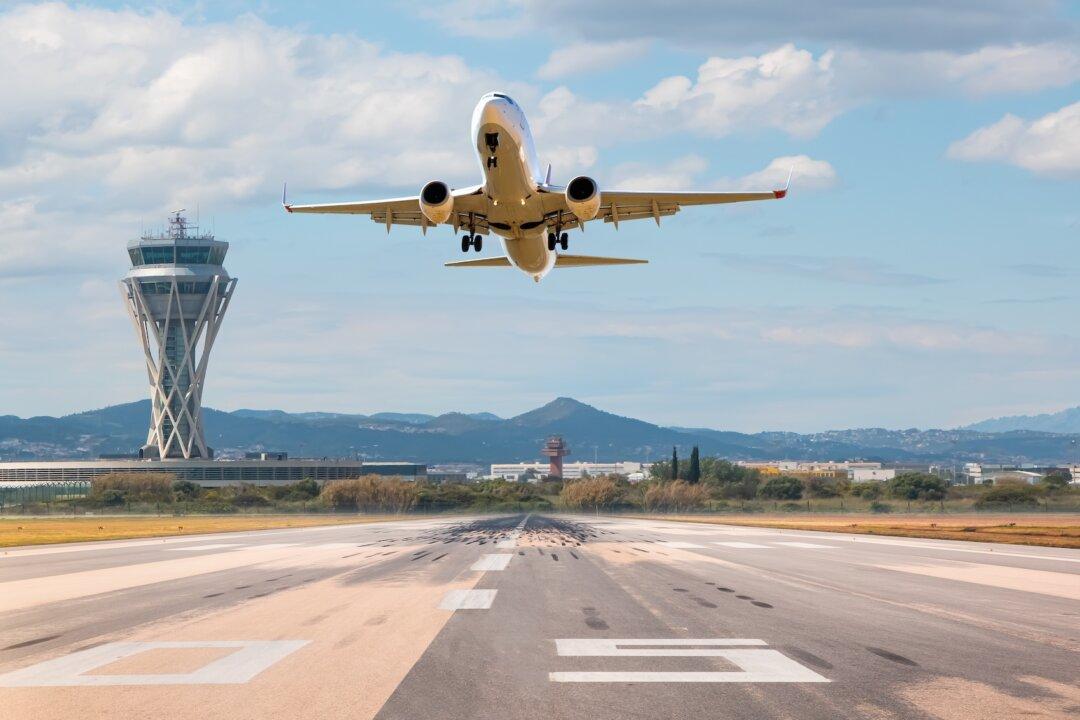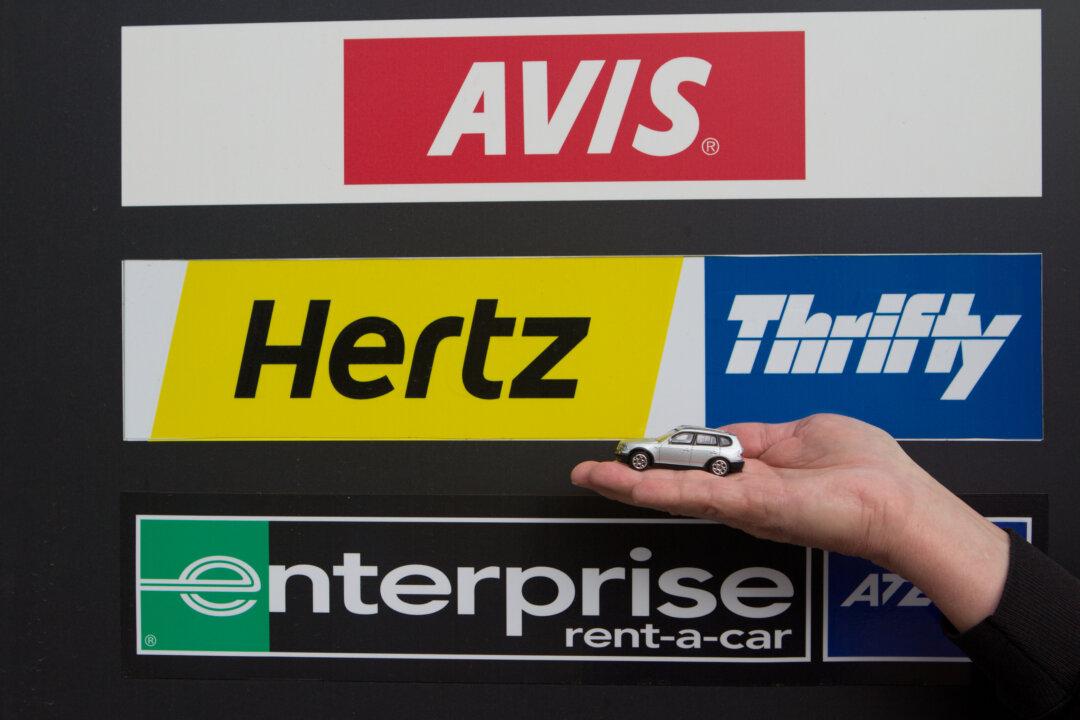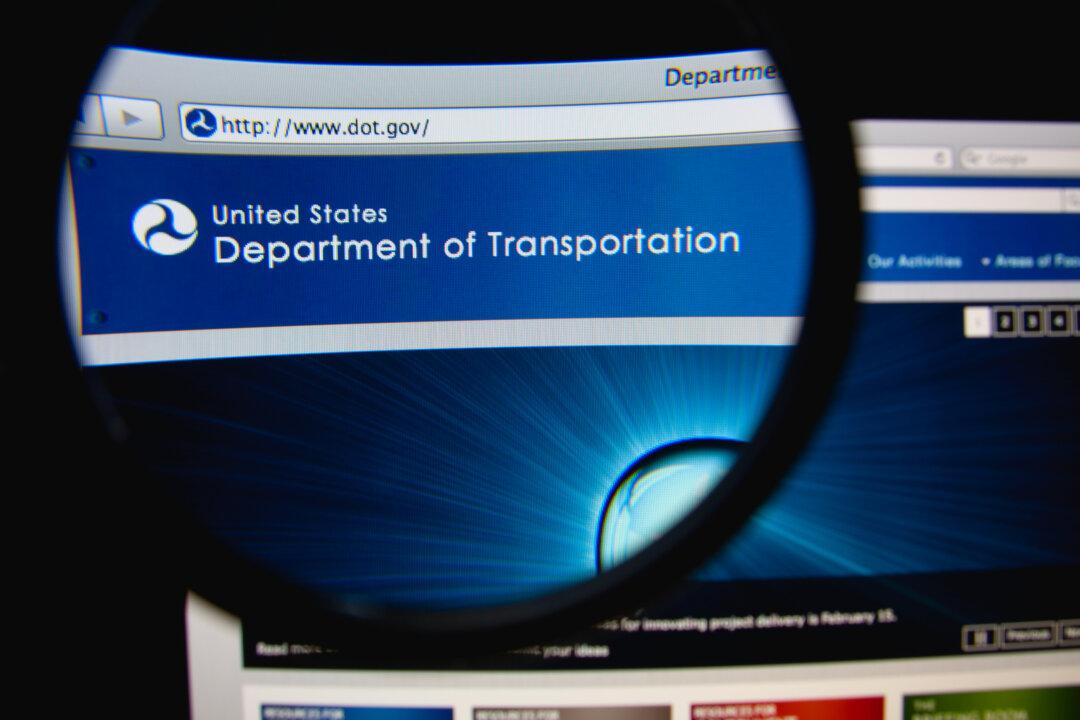Last week, Amtrak announced the addition of a new long-haul train, “The Borealis,” between Chicago and the Twin Cities. Daily round-trips will start on May 21, taking the same route as the ongoing Chicago-Seattle Empire Builder and making the same stops plus Milwaukee Airport, Sturtevant, and Racine. The train will include Coach and Business class plus a café car, but no compartments. Tickets are already on sale, featuring Amtrak’s usual mix of discounts and deals.
Like the Empire Builder segment, Borealis will be a day train leaving Chicago at 11:05 a.m. and leaving St. Paul at 11:50 a.m., arriving some 7-1/2 hours later. Despite the extra stops, it will be a bit faster than the Empire Builder but still slower than the 6-1/4 hours the Twin Cities Hiawatha took back in the 1950s.





